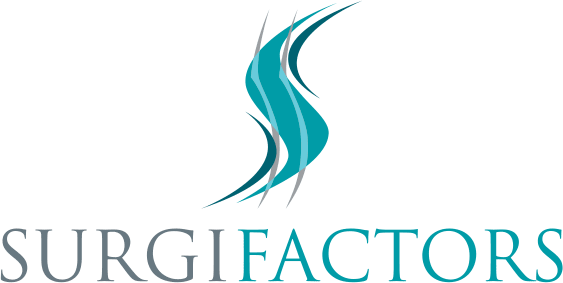Medicare Compliance and Your Personal Injury Practice
Friday, February 24, 2012
UPDATE ON MEDICARE, MEDICAID AND ERISA LIENS AND SET-ASIDES IN PERSONAL INJURY CASES
This Program is FREE TO CTLA MEMBERS and includes lunch.
Sponsored by:
THE LIEN RESOLUTION GROUP
This program is open to CTLA Members only and space is limited.
Register online or call (860) 522-4345 to reserve your seat.
Medicare is often the initial payer of medical, hospital and other medically-related expenses for personal injury plaintiffs. What distinguishes Medicare from other health care insurers is federal regulations allowing Medicare what has been commonly called subrogation and lien rights believed to be far superior to any other interest on a settlement or judgment proceeding.
Additionally Section 1862(b)(2) of the Social Security Act Regulation 42 USC 1395y(b)(2) requires that Medicare payment may not be made for any item or service to the extent that payment has been made or can reasonably be expected to be made under a worker’s compensation, liability or no fault insurance plan. Medicare does not pay an injured individual’s medical services that are related to a lawsuit when that individual receives a settlement, judgment or award that includes funds for future medical expenses, until all such funds are properly expended. In other words Medicare becomes the secondary payer to the settlement or award, and if the burden of health care is shifted to Medicare, by law, their interest must be protected. Medicare believes the best way to adequately protect their future interest may be the use of a Medicare set-aside (MSA).
The attorney shares responsibility with the plaintiff for items related to Medicare’s claim as well as to protect Medicare’s “future interest.”
Ramifications of non-compliance can be severe. Among these, the Centers for
Medicare and Medicaid Services (CMS) may:
- Deny the claimant future medical care
- Designate its own allocation (which may be the entire settlement amount) if an allocation is unreasonable or non-existent at the time of settlement
- Sue the claimant, the claimant's attorney, and/or the insurance carrier for payment. In addition, a claimant may file a malpractice suit against his/her attorney after the case has been settled.
Brett Newman will discuss:
- When Medicare set-asides are appropriate in liability and workers compensation cases
- Outline attorney and client liabilities for Medicare/Medicaid/ERISA claims
- Provide procedures to identify potential liens, initiate correspondence with the lien holder, audit and petition bills and payment summaries, and negotiate procurement offsets
Brett Newman graduated with a degree in economics from Syracuse University in 1989. As managing partner of The Lien Resolution Group, Mr. Newman is known nationally by plaintiff attorneys for his expertise on claims avoidance and reduction. Recognizing the ever growing nature of lien resolution and the ever-increasing associated liability, Mr. Newman established The Lien Resolution Group and Plaintiff Solutions. The mutual objective of these two companies is to assist both individual claimants of personal injury lawsuits and mass tort claimants in the protection of their proceeds and government benefits.
Speaking engagements have included, The Trial Lawyers Association of Metropolitan Washington DC, The Rhode Island Association for Justice, The Maryland Association for Justice, The New Jersey Middlesex County Bar Association, The New York Capital District Trial Lawyers Association, The New York State Academy of Trial Lawyers, The Brooklyn Bar Association, The New York State Bar Association, The Pennsylvania Association for Justice, ABOTA Buffalo Chapter, The Bronx Bar Association and The American Association for Justice – Nursing Home Section.
Speakers
| Leo Dunn-Fox | Medquest Ltd. |
| Brett Newman | Newman Structured Settlement Group |












